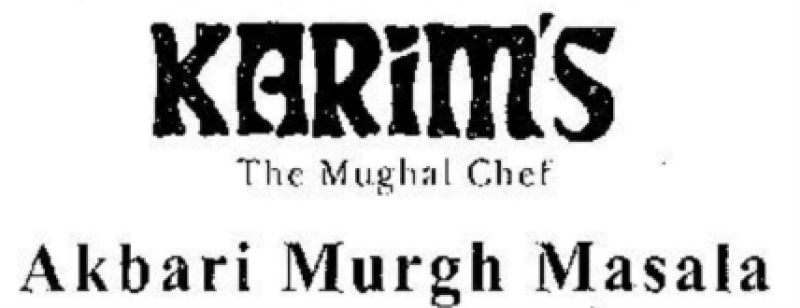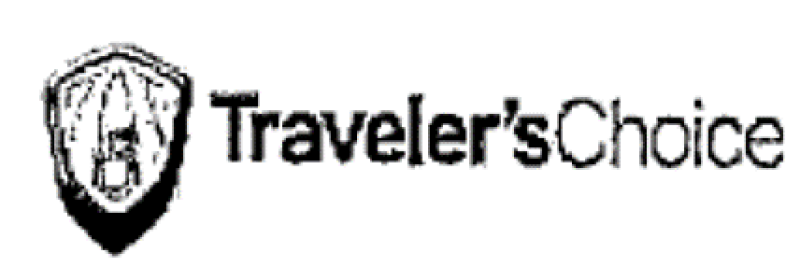The Intellectual Property Appellate Board was established on September 15 2003 by the Indian government to hear and decide appeals against the decisions of the Registrar of Trademarks under the Indian Trade Marks Act, 1999. For many years, the IPAB functioned through ups and downs, with several merits and demerits, until it was officially abolished on August 14 2021, due to the enactment of the Tribunals Reforms Act, 2021. With the ratification of this law, the jurisdiction of the IPAB moved back to the High Courts.
For an efficient streamlining and review of a large influx of intellectual property (IP) rights cases in the High Court of Delhi, the Chief Justice instructed the establishment of the Intellectual Property Division (IPD) to hear all matters related to IP rights.
There has been an active disposal of trademark cases by the IPD in 2022 and given that it is a specialised body for the disposal of IP-related cases, it is contributing immensely to the jurisprudence of IP in the country.
Some of the recent appeals decided by the High Court of Delhi are summarised below.
‘Karim’s The Mughal Chef Akbari Murgh Masala’ logo
The High Court of Delhi allowed the appeal in Karim Hotels v The Registrar of Trademarks in a judgment dated May 9 2022. The appeal was filed against the impugned order dated January 8 2019 through which the Senior Examiner of Trade Marks had rejected the trademark below under Class 29 for “meat, fish, poultry and game; meat extracts; preserved, frozen, dried and cooked fruits and vegetables; jellies, jams, compotes; eggs; milk, cheese, butter, yogurt and other milk products; oils and fats for food”. The grounds of refusal were lack of distinctiveness and the presence of prior similar marks.

The court noted that the first Karim restaurant opened in 1913 and by virtue of such long use, including through its predecessors-in-interest, enormous goodwill vested in the appellant. Furthermore, there were several granted registrations in favour of the appellant in respect of several variants of the mark 'Karim' or 'Karim’s', including one for an identical mark in Class 30.
The examination report also revealed that even the cited marks belonged to the appellant. The court observed that the senior examiner had failed to take into consideration all the above facts, as well as the turnover and profit figures, and other details provided by the appellant. The facts had clearly been stated in the appellant’s reply to the examination report.
Therefore, the court held that the reasons for rejecting the application were not sustainable and set aside the impugned order. The application was directed to proceed for registration with the conditions subject to association with certain registered or pending trademarks of the appellant and without any exclusive rights to the descriptive matter appearing on the label, such as “Akbari murgh masala” and other descriptive matter.
‘Traveler’s Choice’
In Roger Yang v The Registrar of Trademarks, decided on July 5 2022, the appeal challenged the impugned order dated March 15 2019 passed by the Registrar of Trademarks by which the application for the below mark (‘Traveler's Choice' device) in Class 18 for “luggage, sports bags, carrying bags, backpacks, book bags etc.” was rejected based on three prior cited marks containing the standalone word ‘Choice’ or ‘Traveler’, in addition to the mark being devoid of distinctive character.

The appellant submitted that in so far as the word ‘Choice’ is concerned, there is a disclaimer qua the word 'Choice' in the prior applications. On being devoid of distinctiveness, the appellant submitted that the mark was adopted by the petitioner globally in the 1960s and has also been registered in other countries. Therefore, the mark ought to be permitted to proceed with registration.
The court held that the petitioner's mark is a composite mark in Class 18 and considering the mark as a whole, and set aside the refusal order. The mark was ordered to be advertised, subject to a disclaimer on individual terms in the mark.
‘Glow-Getter’
In the case of Visage Beauty And Healthcare v The Registrar of Trademarks, decided on November 3 2022, the court made some important observations regarding the distinctiveness of the trademark in question. The appellant lodged an appeal against the refusal order by which its application for the mark 'Glow-Getter' in Class 3 for “cosmetics, beauty care products, skin care products, hair care products” had been rejected by the Registrar of Trademarks, on the ground that the mark was descriptive of the applied goods.
The court held that the word 'Glow' per se may be used by various third parties in respect of cosmetics. However, the combination 'Glow-Getter' as a composite mark cannot be rejected as the same does not directly describe the kind, quality, etc. of the products concerned. Accordingly, the court allowed the application to proceed for advertisement with a disclaimer on the word 'Glow' and declared that “the rights in the said mark shall be restricted to the combination of the words 'Glow' and 'Getter' with a hyphen”.
In all three of the above cases, in which the examiners concerned had rejected the applications at the examination stage, holding them unworthy of registration on absolute and relative grounds of refusal, the court has applied the settled principle of law and decided in favour of the application filers, and accepted their respective trademarks by imposing suitable conditions and limitations.
‘Don’t Worry’
In Mankind Pharma v The Registrar of Trademarks, an appeal was filed challenging the impugned order dated August 2 2019 passed by the Senior Examiner of Trade Marks through which the review petition filed by the appellant was dismissed.
The reasons cited for the dismissal were that the mark ‘Don’t Worry’ in Class 3 for “bleaching preparations and other substances for laundry use; cleaning, polishing, scouring and abrasive reparations; soaps; perfumery, deodorants, essential oils, cosmetics, hair lotions; dentifrices” lacked distinctiveness and was similar to certain prior marks existing on the register. The refusal order also stated that it was a combination of non-distinctive words and descriptive, showing intended purpose of the applied goods.
The senior examiner noted that, as per the use documents filed, the mark ‘Don’t Worry’ was being used by the appellant for sanitary napkins in Class 5 and had been adopted by the appellant in 2013 but the present application in Class 3 was filed on a ‘proposed to be used’ basis.
The court heeded the various registrations of the appellant in respect of the trademark in different classes, and allowed the appeal. The court held the mark to be an arbitrary or a suggestive mark in respect of goods falling in Class 3 and therefore ordered the mark to proceed to advertisement before acceptance with the conditions of being associated with the appellant’s registered trademarks in other classes and that the use of the mark in Class 3 shall be with the word 'Mankind’s' as well as a disclaimer on the words 'DON'T' and 'WORRY' separately or conjointly.
‘Reeltime’
In Excitel v The Registrar of Trademarks, decided on July 18 2022, an appeal was filed against an order of the Senior Examiner of Trademarks rejecting the mark ‘Reeltime’ in Class 42 for “scientific and technological services and research and design relating thereto; industrial analysis and research services; design and development of computer hardware and software”. The appellant’s application also carried a use claim since November 2014.
The rejection was based on the presence of prior similar marks. The examiner did not find the affidavit of use as satisfactory and the internet extracts did not constitute primary evidence and could only be considered as secondary evidence and, hence, the mark did not have any user. Furthermore, the various other trademark registrations for the mark ‘Reeltime’, owned by the appellant, were not considered on the ground that the mere presence of the mark in the register maintained by the Trade Marks Registry did not prove its user.
While allowing the appeal in the present case, the court accepted the prior user of the subject mark since 2014. Regarding the evidentiary documents, the court admitted that rejecting the internet extracts as evidence on the ground that they did not constitute primary evidence would be an incorrect approach.
The court explained that the genuineness of the printouts could easily be checked by the examiner by accessing the internet at the time of the hearing. The court mentioned that if there was any doubt in respect of printouts that had been filed by the appellant, the examiner could have called for an affidavit and certification under the relevant provisions of the Information Technology Act, 2000.
With regard to the registered trademarks in different classes owned by the appellant submitted as evidence of use, the court held that same could not have been rejected by the examiner as being irrelevant on the ground that one of the logo marks was opposed by a third party.
Key insights
From the analysis of the above cases, a trend is surfacing that appeals are being allowed by the High Court against the decisions of the Registrar of Trademarks.
The court is going to great lengths to examine and rectify shortfalls on the part of the registrars and examiners of trademarks during the prosecution of trademark cases. The courts are also liberally using the option of imposing restrictions and conditions on the acceptance of the appellant's trademarks as a way to remedy the use of descriptive or non-distinctive elements as a part of the trademarks in question, which could otherwise pull them within the purview of absolute grounds of refusal.
Furthermore, in-depth analysis of each case is forming a set of guidelines and best practices to be followed by the Registrar of Trademarks and trademark filers for the proper prosecution of trademark applications.












